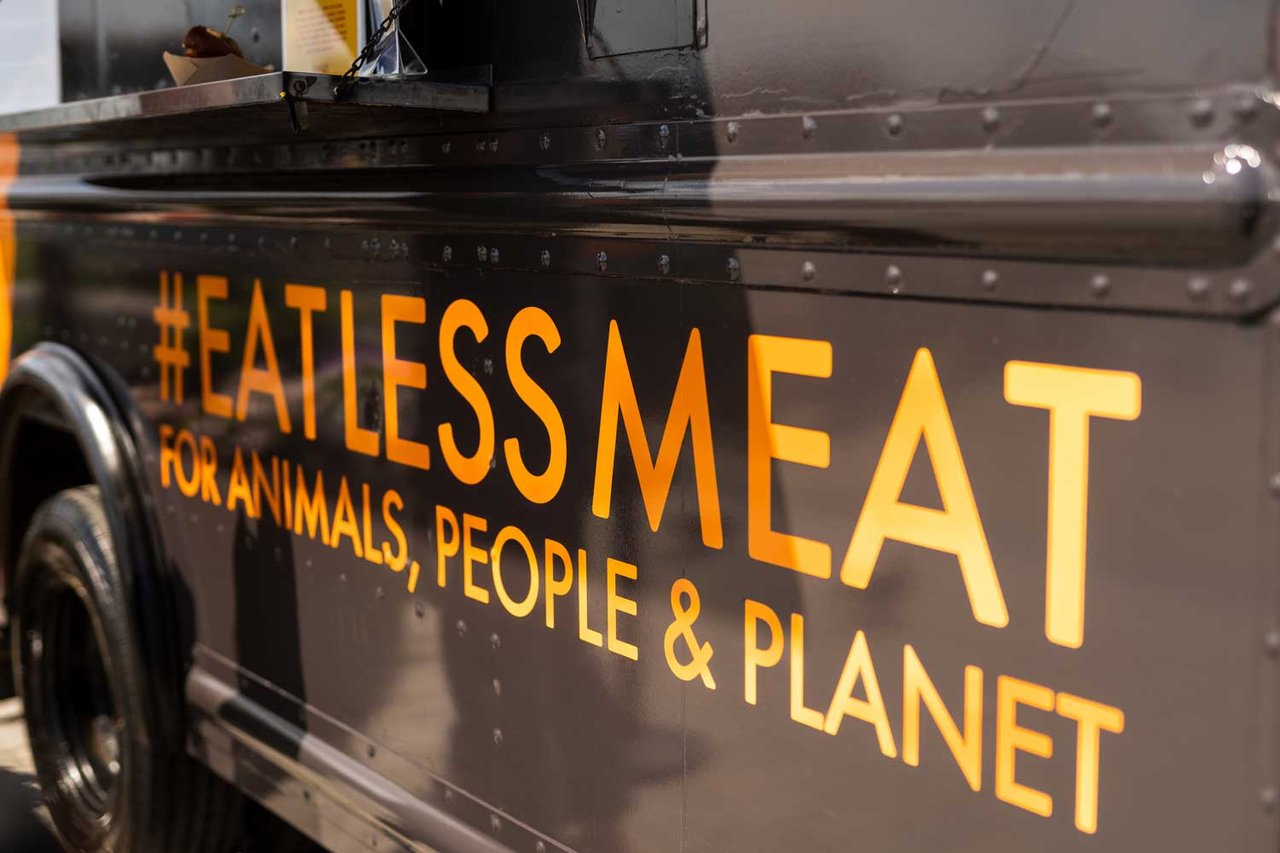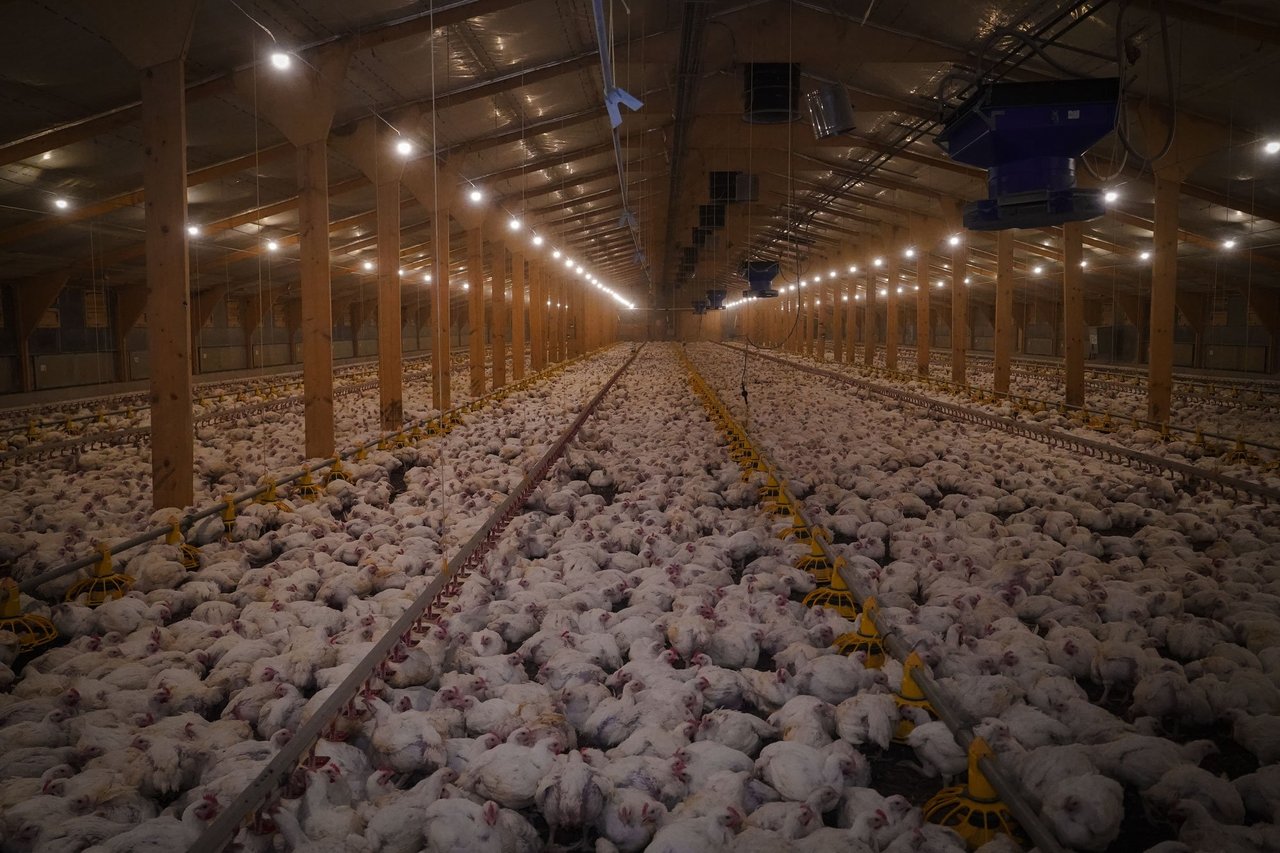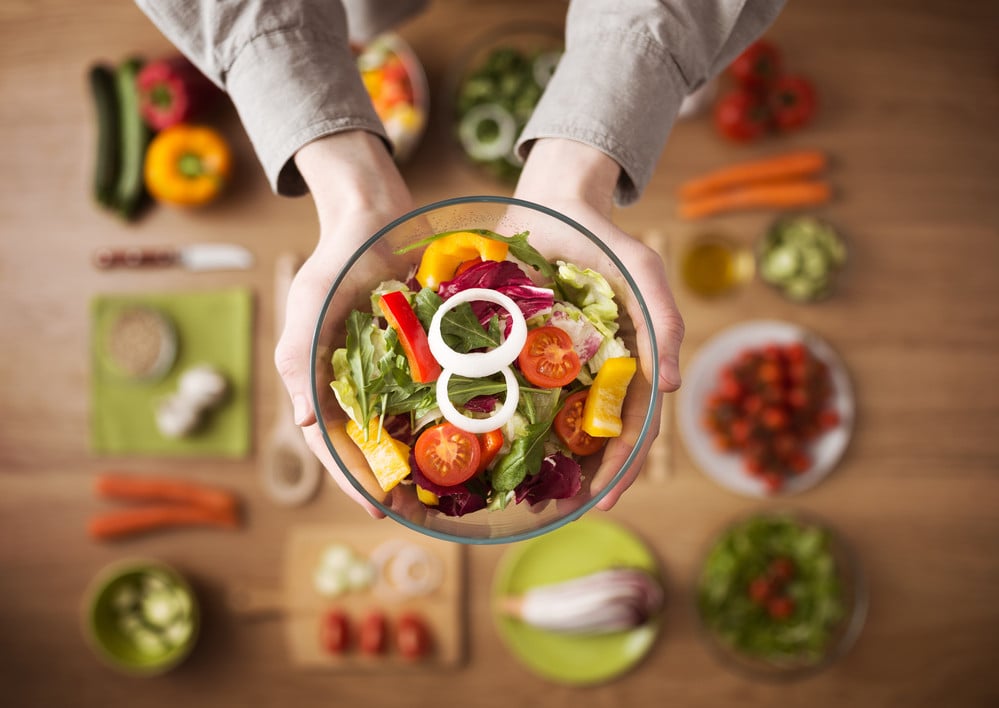
Eat Less Meat
The global livestock industry, with over 90 billion animals raised annually, faces mounting concerns regarding animal welfare, environmental degradation, and public health.
Inefficient food systems
Intensive farming practices contribute to cramped conditions, habitat loss, pollution, and the overuse of antibiotics, amplifying risks to both animals and humans. Despite exponential growth in livestock populations since 1970, hunger persists, exposing the inefficiency of current food systems, a concern amplified by projections of a 9.7 billion global population by 2050.
Transitioning to plant-based diets emerges as a multifaceted solution, benefiting animal welfare, environmental sustainability, and public health. By reducing meat consumption, we can alleviate animal suffering, mitigate environmental damage, and reduce the risk of chronic diseases, fostering healthier lifestyles.

Shift towards plant-based diets
Advocating for dietary changes is crucial for fostering a compassionate, sustainable, and healthier future. Encouraging the consumption of plant-based foods and advocating for higher animal welfare standards can reduce reliance on factory farming, promoting systems with more space, fewer antibiotics, and healthier environments.
The shift towards predominantly plant-based diets is essential in curbing the destruction wrought by the global food system, which currently accounts for one-third of land and water resources and 14.5% of greenhouse gas emissions. Intensive farming practices exacerbate the world's largest animal welfare issue, demanding urgent action to address the growing concerns associated with factory farming.

It's time to EAT LESS MEAT! Take a pledge today. You can do it!
Taking a pledge to eat less meat and incorporate more plant-based foods signifies a commitment to personal health, animal welfare, and environmental stewardship.